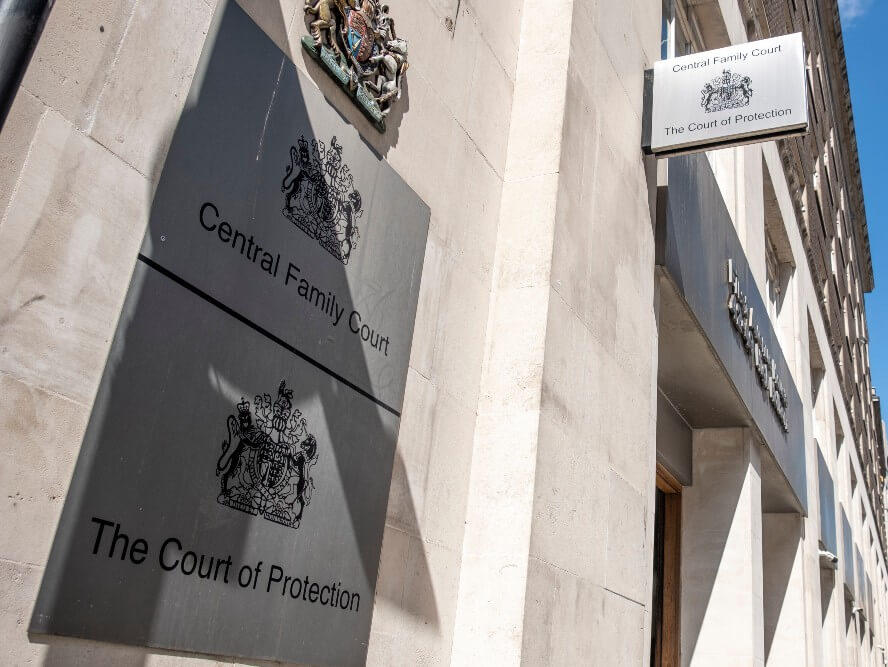How do I Challenge Evidence in Child Arrangements Proceedings?
What evidence will be considered by the court?
The following are the most common types of evidence considered by the court in private children cases:
- Witness statements
- A report from Cafcass
- A report from the local authority
- A letter from school, nursery, CAMHS or similar
In every case which reaches final hearing the court will order witness statements from the parties. The President of the Family Division issued guidance on how witness statements should be prepared at the end of last year. Such statements are not usually ordered until the stage of preparing for final hearing but may be ordered earlier. Permission may also be given for witness statements from third parties, however, third party evidence should only be considered where it is proportionate. This will usually mean that the evidence corroborates a factual dispute between the parties.
In most cases these witness statements will stand as each party’s evidence of their positive case and they will be challenged on this evidence by way of cross-examination by the other party or their barrister. In order to rely on the witness statement of a third party, the party seeking to rely on the statement must call the third party witness to be cross-examined unless the court directs otherwise or the evidence is relied upon as hearsay evidence.
What is hearsay evidence?
Hearsay evidence is a statement made otherwise than by a person giving evidence. In practice, it is second-hand or third-hand knowledge of events. If it is important that such evidence is considered thoroughly, then the person with first-hand knowledge should be called to give evidence where practical.
There is specific provision for allowing hearsay evidence in cases concerning the welfare of children. The main issue is likely to be the weight which can be given to hearsay evidence which cannot be tested through cross-examination. For example, if the circumstances around an alleged statement, or motivation for making it, are unclear, it will be less compelling. If hearsay evidence concerns a child making significant and controversial statements, such as a serious allegation, then it will need to be treated with utmost care. However, it remains unusual for children to give evidence.
How does the court approach reports from professionals?
Letters from professionals are often relied upon in proceedings concerning children. Often, such letters will amount to hearsay evidence and a judgement call will need to be made as to whether the relevant professional, such as a teacher or CAMHS worker, be called to give evidence. This step will be disproportionate in most cases. The position in relation to Cafcass or local authority evidence is more straightforward. If the court directs a welfare report be prepared pursuant to section 7 of the Children Act 1989, then, if either party seeks to challenge the recommendations of the report, the social worker who prepared the report will be called to give evidence.
Here to Help
If you need advice on any family matter, please get in touch with Tracey Dargan, Partner and Head of Family and Divorce.
Please note the contents of this article are given for information only and must not be relied upon. Legal advice should always be sought in relation to specific circumstances.

